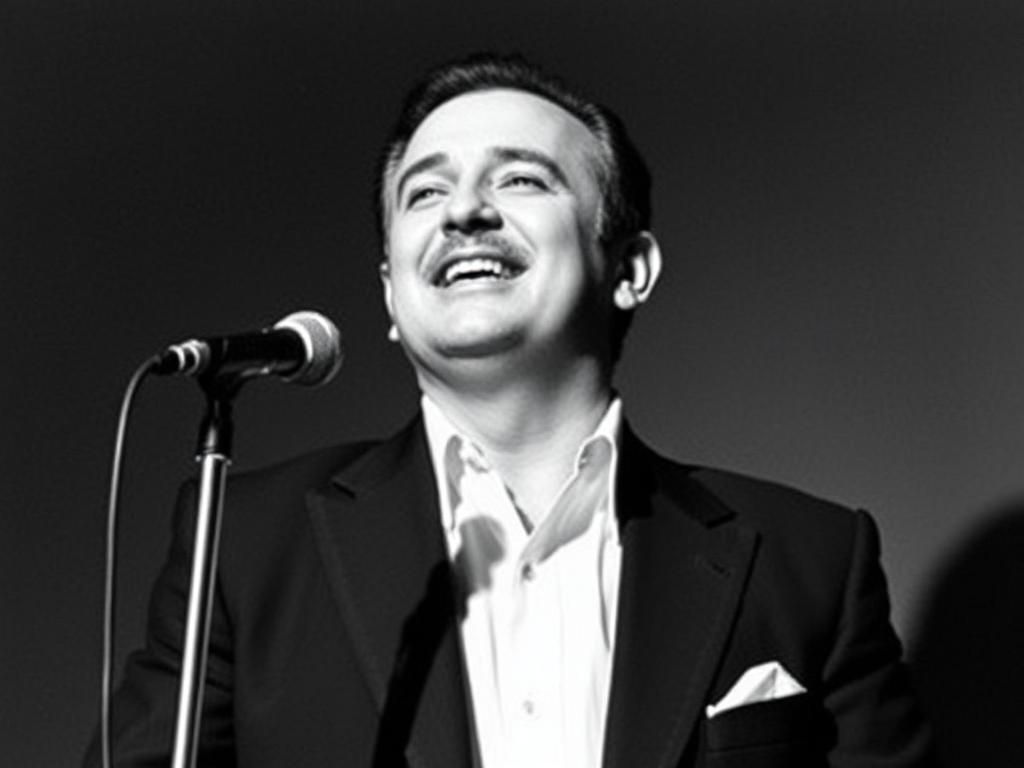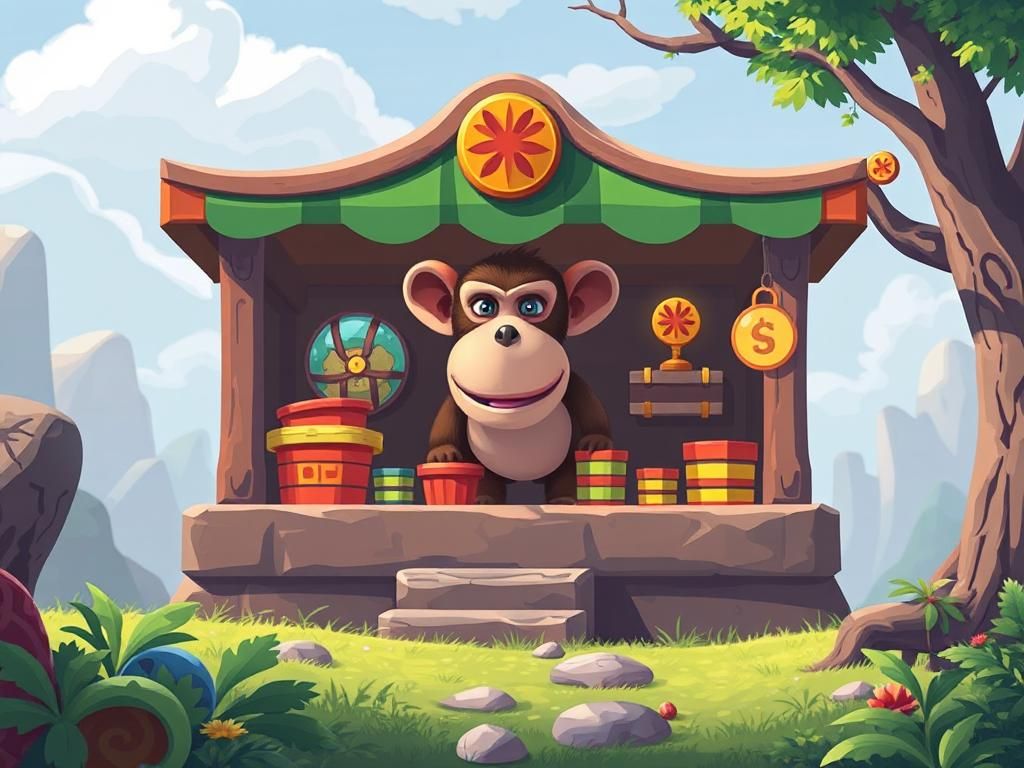Valentin Elizalde was a significant figure in the realm of regional Mexican music, particularly known for his emotive voice and powerful lyrics that resonated with fans across Latin America. Born on February 1, 1979, in Jitonhueca, Sonora, Mexico, Elizalde stood out in the traditional genres of norteño, banda, and corridos, marking his territory as a talented artist with a unique style. His music not only entertained but also told stories that reflected the lives and struggles of many, securing his legacy in the hearts of fans even after his untimely death at 27. This article aims to delve into the life, career, and enduring impact of Valentin Elizalde, highlighting his contribution to music and culture.
Early Life
Background
Valentin Elizalde’s early life was rooted in a rich musical environment that influenced his artistic journey. Growing up in a family with deep musical ties, he was surrounded by various genres from a young age. His father was dedicated to mariachi music, and this family background encouraged Valentin to explore and embrace his musical talents early on.
Education
Elizalde’s musical education began informally with family gatherings where he was exposed to the vibrant sounds of traditional Mexican music. He later received formal training, which provided him with foundational skills in vocal techniques and an understanding of various instruments. This education played a crucial role in shaping his unique style characterized by a fusion of traditional norteño sounds with contemporary rhythms.
Musical Career
Rising Fame
Valentin Elizalde’s journey in music took off with his initial recordings in the late 1990s. His breakthrough came with the release of his first album, “Pura Sangre,” in 2004. The album featured hits that not only showcased his vocal prowess but also his ability to connect with his audience through authentic storytelling.
Musical Style
Elizalde was renowned for his versatility within the regional Mexican music scene. His musical style blended genres such as norteño, banda, and corridos, characterized by the use of traditional instruments like the accordion and bajo sexto. His vocal style, which beautifully intertwined with the traditional rhythms, made his music distinct. Influences from celebrated artists of the past also played a role in shaping his songs, creating a bridge between different musical eras.
Major Hits
Among the many popular songs that defined Valentin Elizalde’s career, “Eres Una Niña” and “La Cumbia de los Pajaritos” stood out as permeating hits that topped the charts and continued to be celebrated in parties and gatherings throughout Latin communities. Other notable tracks such as “Mujeres” and “Las Tres Fases” also contributed to his success and showcased his lyrical depth and charismatic performance.
Collaborations
Collaborating with noteworthy artists like El Chapo de Sinaloa and La Original Banda El Limón, Valentin Elizalde expanded his audience reach significantly. These collaborations not only introduced his music to new fans but also fostered a sense of community within the regional music scene, highlighting the value of teamwork and shared artistry.
Personal Life
Family
Valentin valued family deeply and often spoke about his close-knit ties with them. He had children with his partner, and despite the demands of his music career, he always made time for them. His familial bonds played a significant role in ensuring he remained grounded amid fame.

Character and Public Persona
Elizalde’s vibrant personality endeared him to fans who often saw him as relatable and genuine. His interactions with fans were filled with warmth, and he often shared his experiences and aspirations through social media and public engagements. Notable anecdotes reflect his commitment to nurturing these relationships—often supporting young aspiring musicians, showcasing his generosity and passion for his craft.
Controversies and Challenges
Public Controversies
Despite his success, Valentin Elizalde faced public controversies that at times affected his image. Incidents related to his statements or personal life drew media attention, and reactions varied from support to critique. His fans often stood by him, showcasing loyalty and understanding of his human side.
Career Struggles
Navigating through the complexities of the music industry, Elizalde experienced challenges that tested his resilience. From record label disputes to balancing fame with personal life, these obstacles contributed to his story, illustrating the tough realities many artists face despite outward success.
Tragic End and Legacy
Death
Valentin Elizalde’s life was tragically cut short when he was shot on November 25, 2006, in the city of Reynosa, Tamaulipas. The circumstances surrounding his death shocked fans and the music industry alike, marking a premature end to a promising career. The outpouring of grief from supporters underscored his significant impact on their lives.
Legacy in Music
Even after his death, Elizalde’s influence in modern regional Mexican music endures. Artists frequently cite him as an inspiration, and his songs continue to be celebrated, preserving his legacy in the Latin music sphere. Tributes from fans and musicians keep his memory alive, reminding new generations of his contributions to the cultural landscape.
Posthumous Releases
Following his death, several albums and compilations were released, showcasing his work and previously unreleased tracks. These posthumous releases received mixed reviews, yet they served to reinforce his musical genius and ensure that his voice would remain part of the conversation in regional Mexican music.
Conclusion
Valentin Elizalde’s contributions to music reflect a talent that resonated deeply with fans and artists alike. His unique voice and compelling storytelling created a lasting legacy that continues to influence future generations of musicians. As we reflect on the impact of his work in the Latin music scene, it’s clear that Elizalde’s spirit lives on through his songs and the stories they tell.
FAQs
1. What genre of music did Valentin Elizalde primarily perform?
Valentin Elizalde was primarily known for norteño, banda, and corridos.
2. When was Valentin Elizalde born?
He was born on February 1, 1979.
3. What was one of Valentin Elizalde’s biggest hits?
One of his biggest hits was “Eres Una Niña.”
4. How did Valentin Elizalde die?
Valentin Elizalde was tragically shot on November 25, 2006.
5. Did Valentin Elizalde have any notable collaborations?
Yes, he collaborated with artists like El Chapo de Sinaloa and La Original Banda El Limón.
6. What is the significance of his first album, “Pura Sangre”?
“Pura Sangre” marked his breakthrough in the music industry and included some of his most popular songs.
7. How did Valentin Elizalde impact regional Mexican music?
His emotive voice and storytelling style influenced many artists and shaped the genre substantially.
8. What were some challenges Valentin Elizalde faced in his career?
He battled industry challenges and personal struggles while navigating fame.
9. Are there albums released after his death?
Yes, several compilations and albums were released after his passing, showcasing unreleased tracks.
10. What kind of tributes have been made to honor Valentin Elizalde?
Tributes from fans and musicians include songs dedicated to him and memorial events celebrating his legacy.
| Key Events | Details |
|---|---|
| Birth | February 1, 1979, Jitonhueca, Sonora, Mexico |
| Debut Album | Pura Sangre, 2004 |
| Major Hits | Eres Una Niña, La Cumbia de los Pajaritos, Mujeres |
| Death | November 25, 2006 |
| Posthumous Releases | Various compilations and albums showcasing his music |
| Legacy | Influence on regional Mexican music and ongoing tributes |


